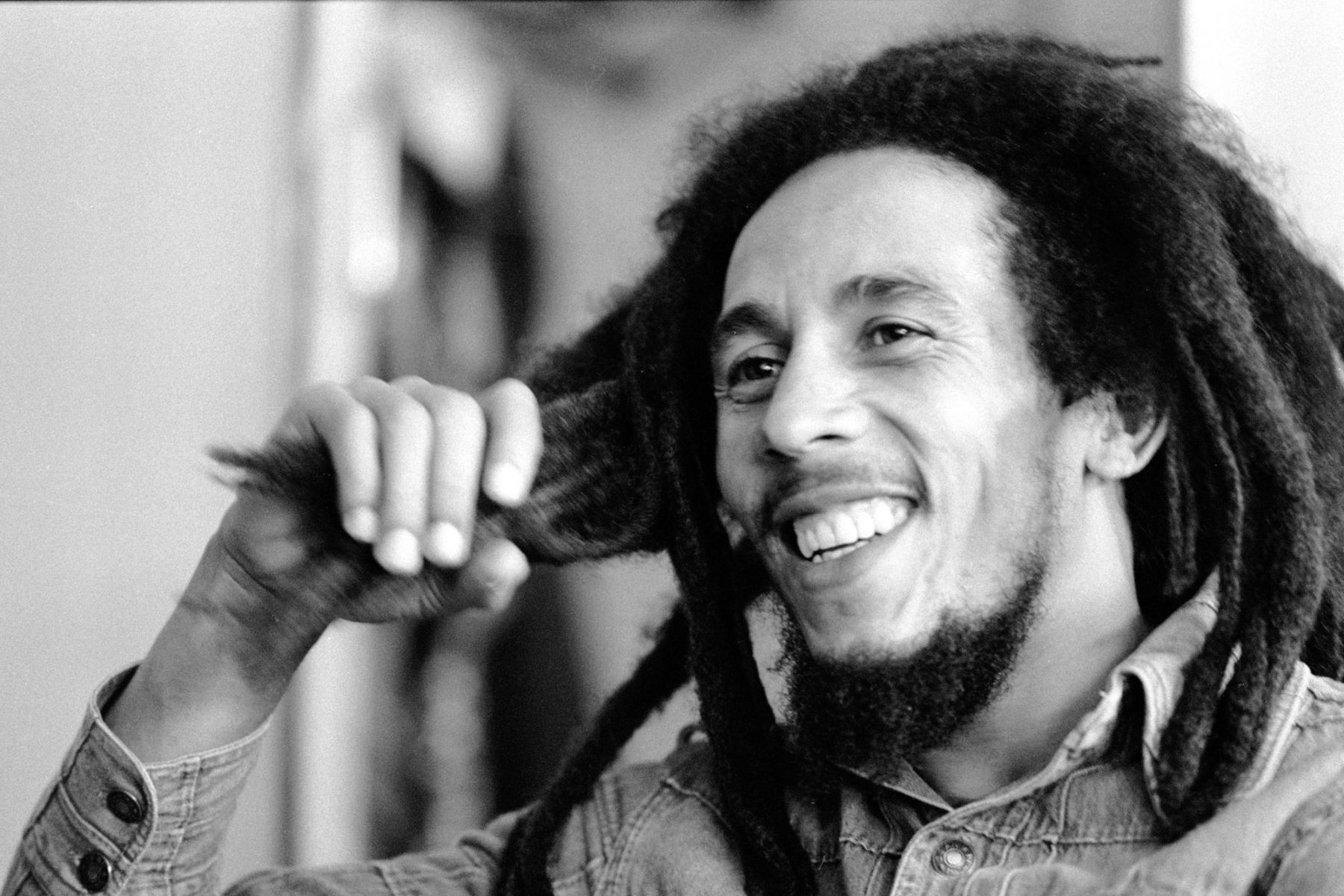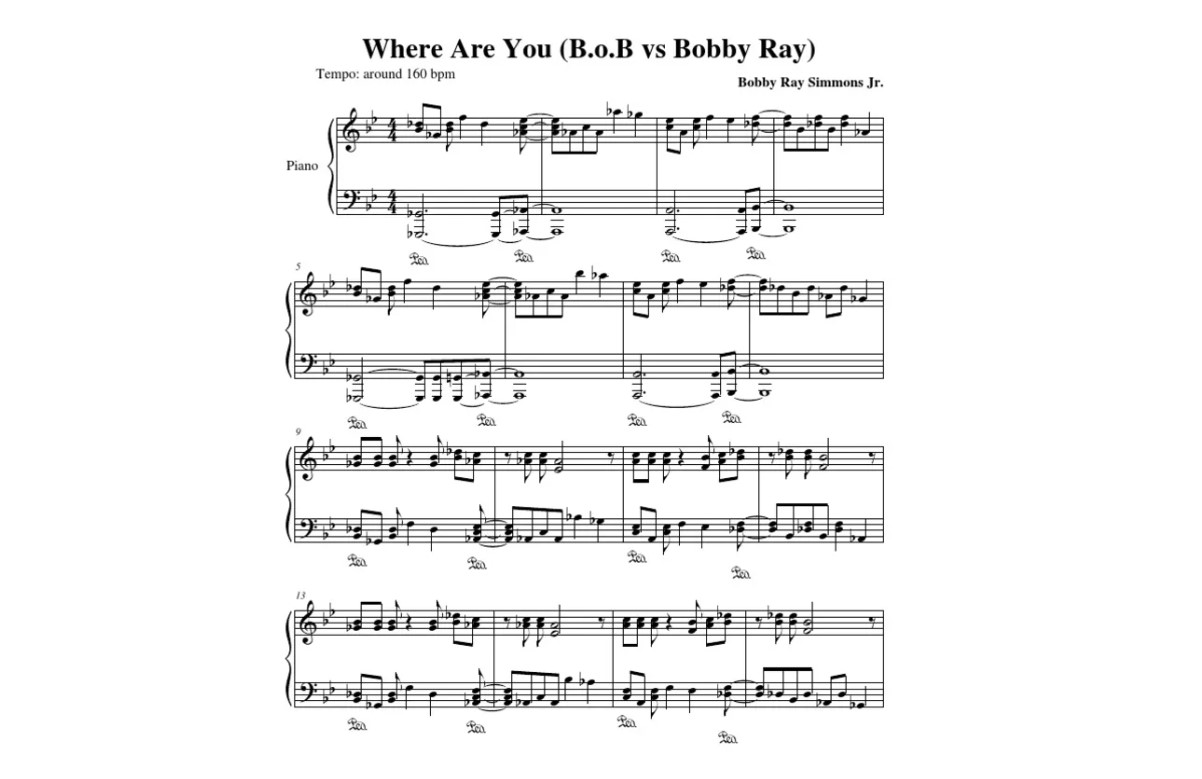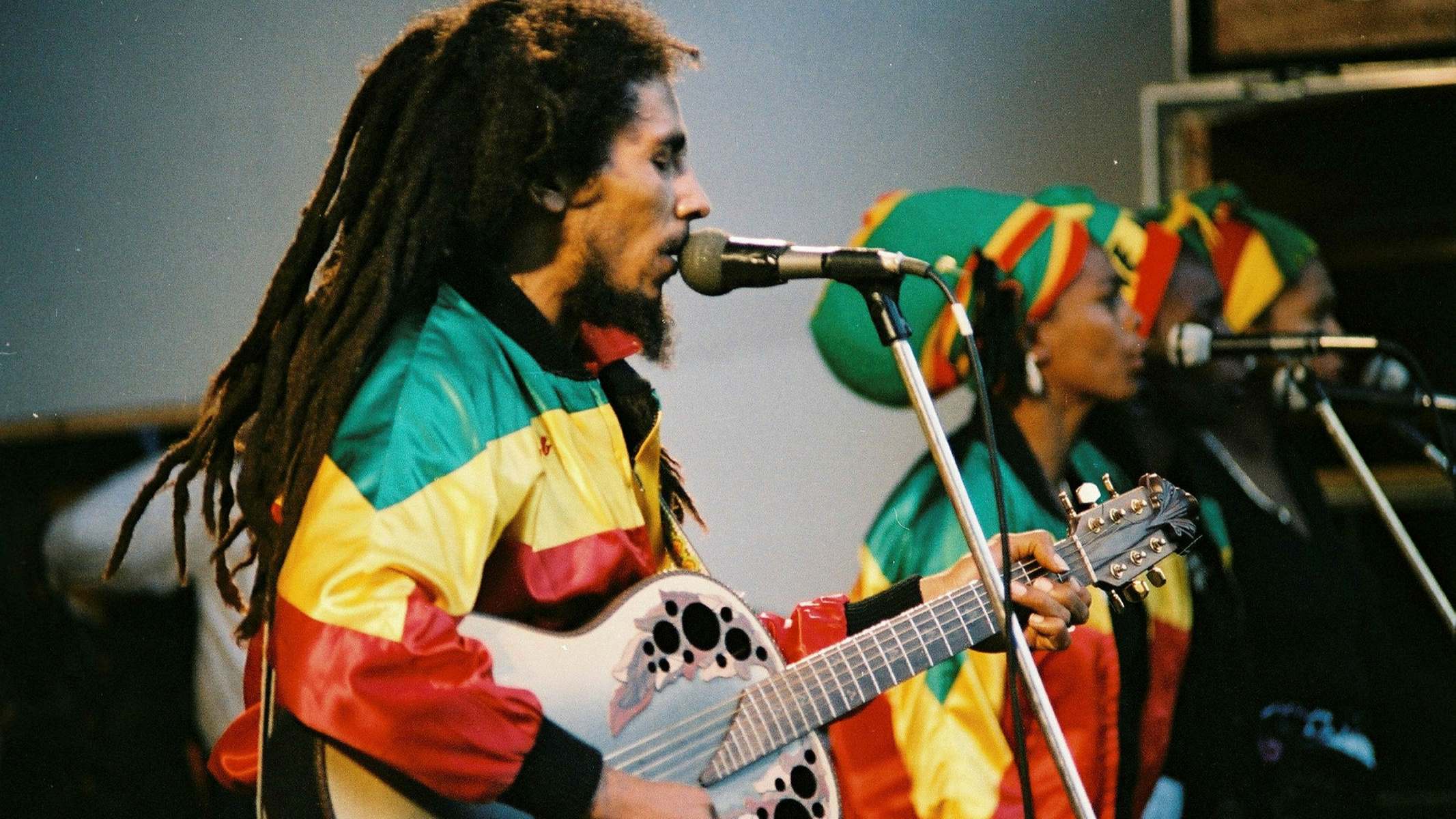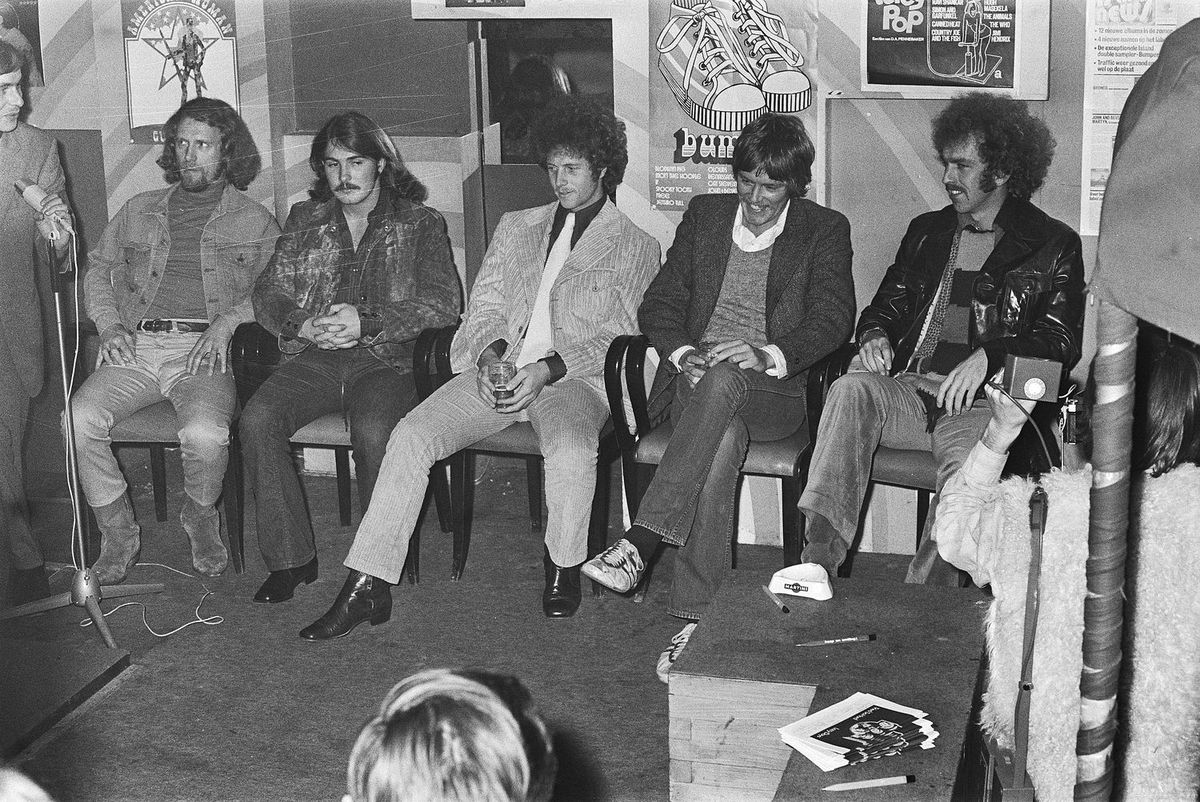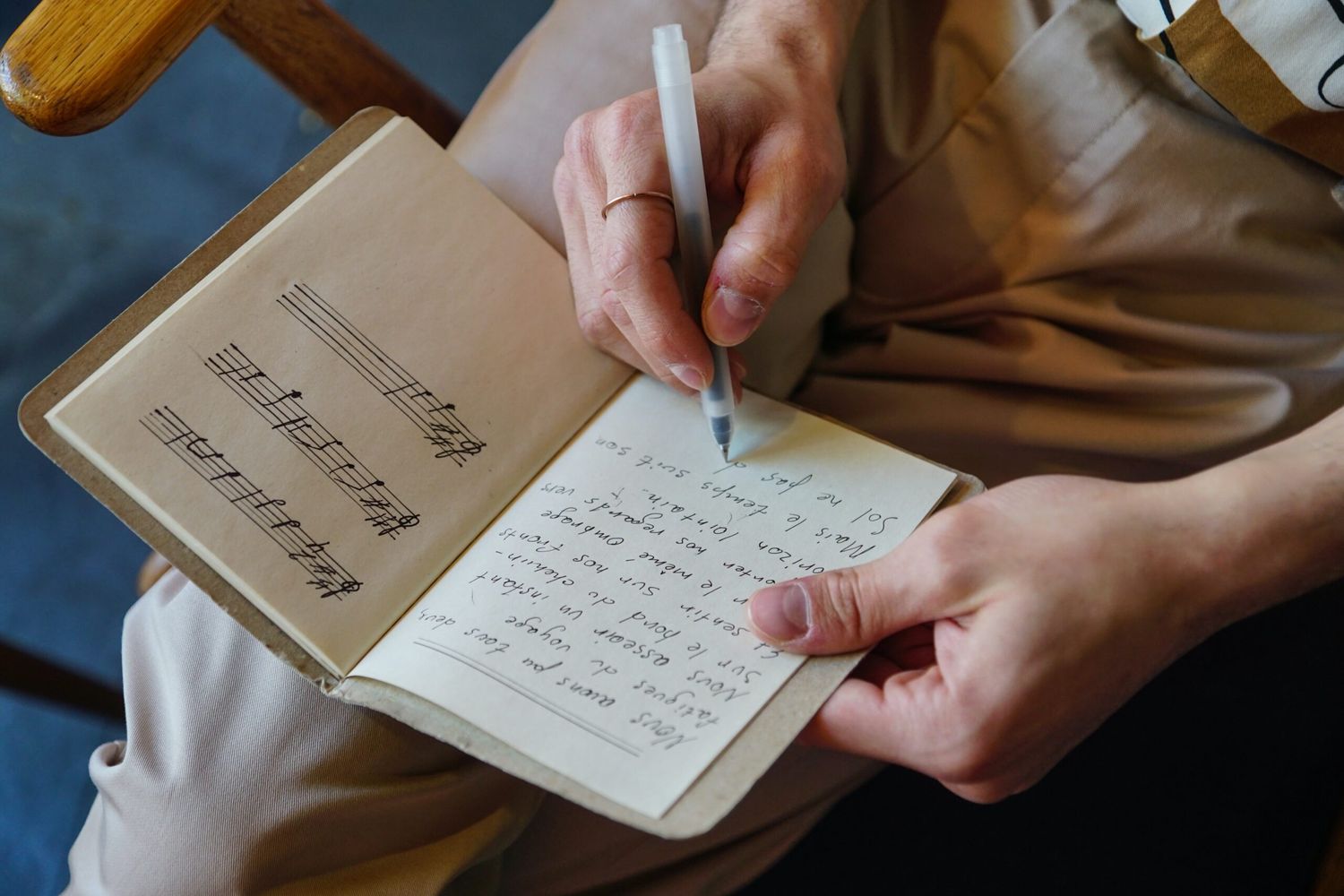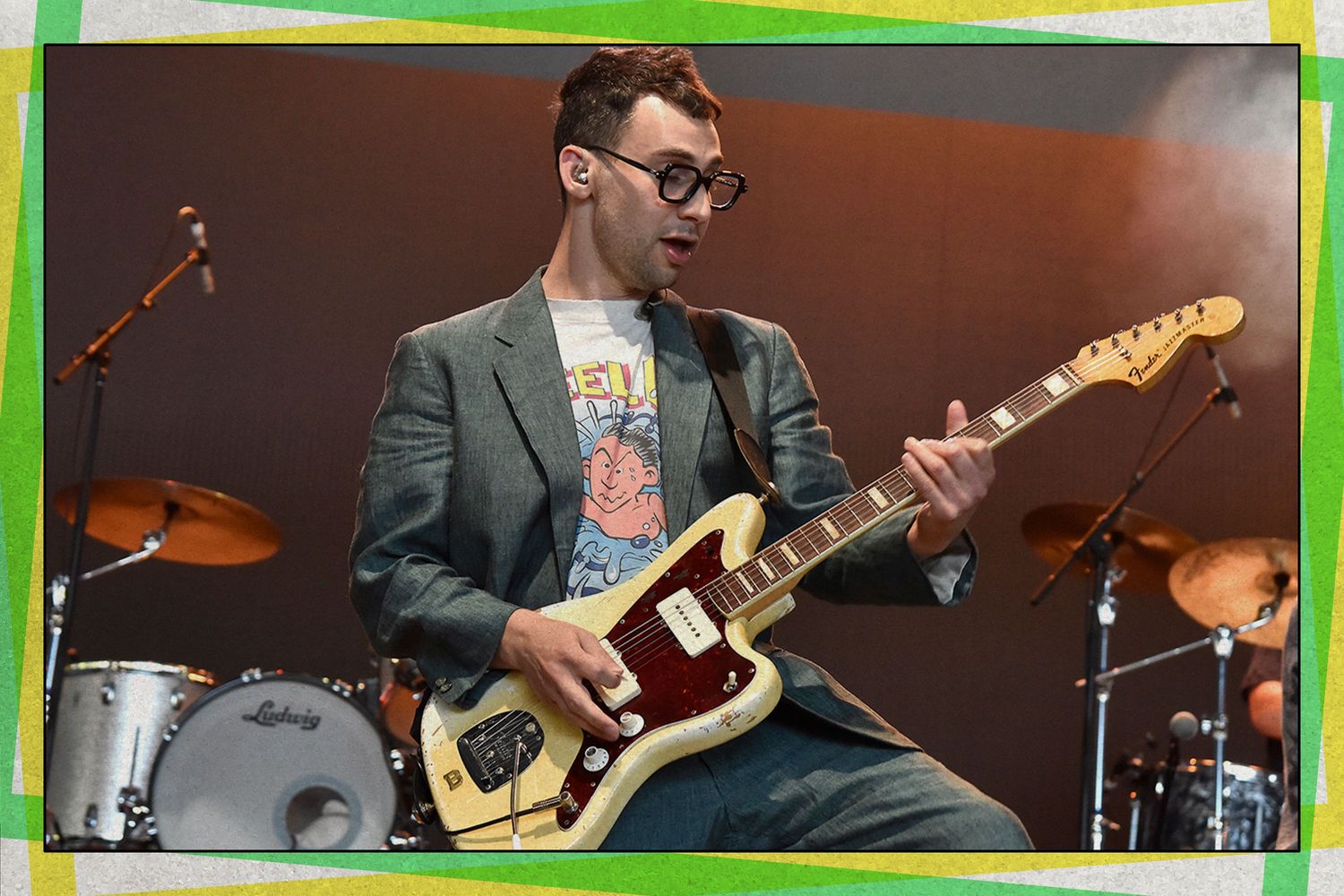Home>Production & Technology>Songwriter>Why Is Bob Dylan An Amazing Songwriter
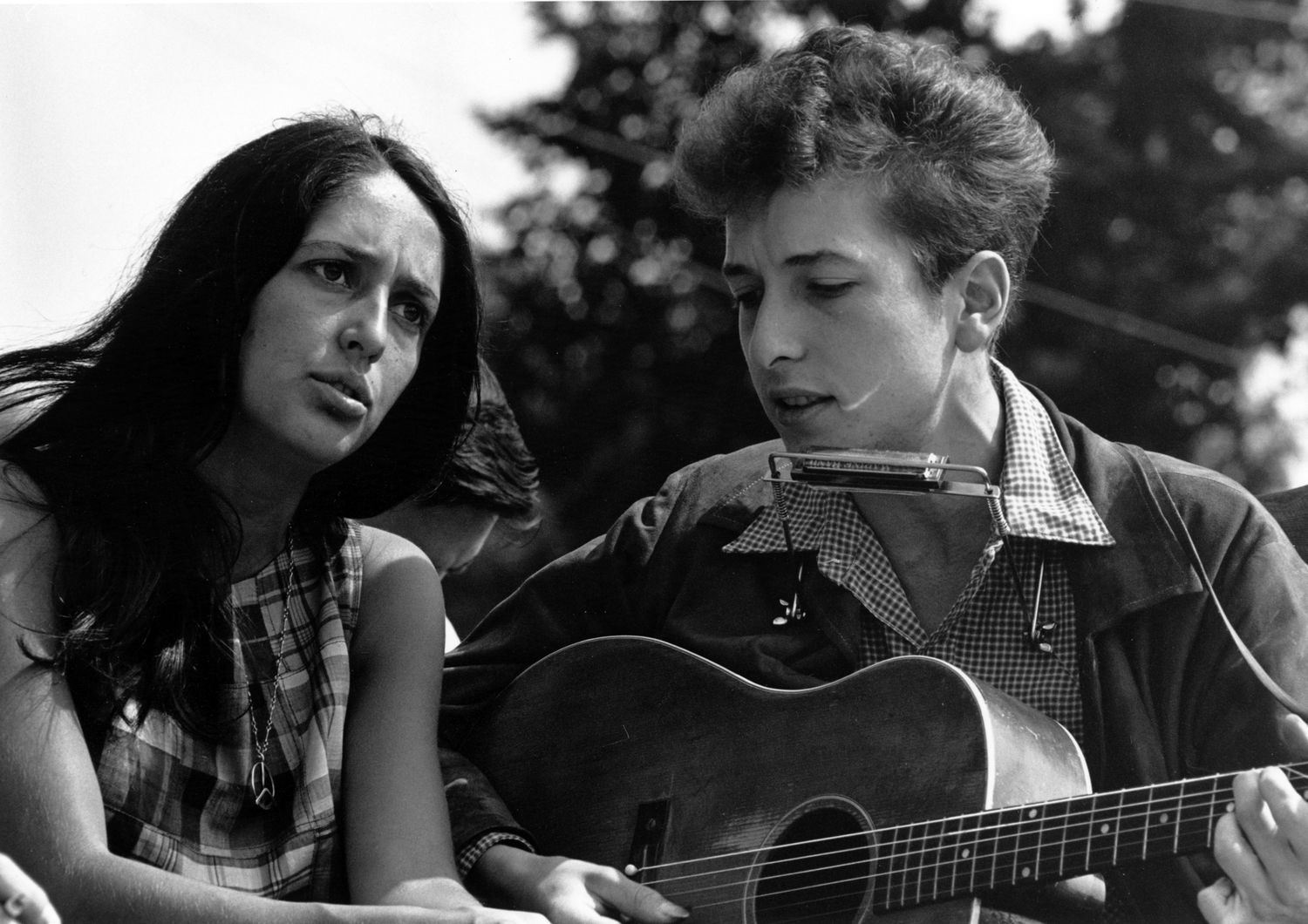

Songwriter
Why Is Bob Dylan An Amazing Songwriter
Published: February 26, 2024
Discover why Bob Dylan is regarded as an exceptional songwriter, with his impactful lyrics and timeless melodies. Explore his unparalleled influence on the music industry.
(Many of the links in this article redirect to a specific reviewed product. Your purchase of these products through affiliate links helps to generate commission for AudioLover.com, at no extra cost. Learn more)
Table of Contents
Introduction
Bob Dylan is an enigmatic figure whose influence on songwriting and music is immeasurable. His ability to craft poetic, thought-provoking lyrics set to captivating melodies has earned him a revered place in the annals of music history. Often hailed as a voice of a generation, Dylan's impact transcends time and continues to resonate with audiences across the globe.
As we delve into the world of songwriting, it's impossible to overlook the profound impact of Bob Dylan. His artistry and unique approach to storytelling through music have left an indelible mark on the industry. From his early days as a folk troubadour to his evolution as a rock icon, Dylan's musical journey is a testament to his unparalleled talent and unwavering dedication to his craft.
In this article, we will explore the captivating allure of Bob Dylan's songwriting prowess, delving into the intricacies of his unique style, the influences that shaped his art, and the enduring legacy he has carved in the realm of music and culture. Join us on a mesmerizing journey through the poetic landscapes of Dylan's compositions, where every verse is a brushstroke painting a vivid picture of the human experience.
Early Life and Influences
Bob Dylan, born Robert Allen Zimmerman, on May 24, 1941, in Duluth, Minnesota, was deeply influenced by the folk and blues music that surrounded him during his formative years. Growing up in the culturally rich landscape of Hibbing, Minnesota, Dylan was exposed to a diverse array of musical genres, ranging from traditional folk ballads to the raw, emotive sounds of blues music. These early influences would later permeate his songwriting, infusing his compositions with a rich tapestry of storytelling and emotional depth.
Dylan's immersion in the folk music scene during his college years in Minneapolis further fueled his passion for songwriting. Inspired by the works of folk luminaries such as Woody Guthrie and Pete Seeger, Dylan honed his craft, drawing from the raw authenticity and social commentary prevalent in their music. His experiences as a young troubadour navigating the coffeehouse circuit provided fertile ground for the cultivation of his distinctive songwriting style, characterized by poignant lyricism and an unwavering commitment to social consciousness.
The allure of New York City beckoned, and Dylan heeded the call, immersing himself in the vibrant folk scene of Greenwich Village. It was within this crucible of artistic fervor that Dylan found himself in the company of kindred spirits, engaging in impassioned discussions on poetry, literature, and the winds of change sweeping across the nation. The zeitgeist of the early 1960s, marked by social upheaval and a yearning for authenticity, served as a catalyst for Dylan's artistic evolution, propelling him to craft compositions that mirrored the collective consciousness of a generation in flux.
In the realm of songwriting, Dylan's early influences laid the foundation for his unparalleled ability to weave narratives that transcended mere entertainment, delving into the heart of human experience and societal introspection. The amalgamation of traditional folk roots, the raw emotional fervor of blues, and the intellectual stimulation of the Greenwich Village milieu coalesced to form the bedrock of Dylan's songwriting ethos, setting him apart as a visionary wordsmith and a harbinger of change.
As we journey through the labyrinthine corridors of Dylan's early life and influences, it becomes evident that his artistic trajectory was shaped by a confluence of diverse musical genres, social currents, and personal introspection. These formative experiences laid the groundwork for the emergence of a songwriter whose lyrical prowess would not only captivate audiences but also serve as a beacon of artistic integrity and social relevance.
Unique Songwriting Style
Bob Dylan's songwriting style is a tapestry woven with threads of introspection, social commentary, and poetic lyricism. His ability to distill complex emotions and profound observations into succinct verses is a hallmark of his craft. At the core of Dylan's songwriting lies a profound understanding of the human condition, which he articulates with an unflinching honesty that resonates with audiences on a deeply personal level.
One of the defining features of Dylan's songwriting is his adept use of vivid imagery and metaphor. His lyrics often evoke a sense of timelessness, painting intricate portraits of characters and landscapes that transcend the constraints of any particular era. This timeless quality imbues his songs with a universality that allows them to remain relevant across generations, speaking to the perennial aspects of the human experience.
Dylan's songwriting is also characterized by a keen sense of social awareness and a willingness to confront pressing issues. From the civil rights movement to war and political upheaval, Dylan fearlessly delved into the tumultuous currents of his time, using his music as a platform for incisive commentary. His compositions became anthems of change, rallying cries for justice and catalysts for introspection, cementing his status as a voice of a generation.
In addition to his lyrical prowess, Dylan's innovative approach to melody and song structure has also left an indelible mark on the music landscape. His ability to marry poignant lyrics with captivating melodies, often accompanied by simple yet evocative chord progressions, creates a symbiotic relationship between the music and the message. This synergy elevates his compositions to a realm where each note serves as a vessel for the emotive power of his words.
Dylan's willingness to defy conventions and push the boundaries of traditional song structures has led to the creation of compositions that are as unpredictable as they are captivating. His willingness to experiment with different styles and genres, from folk to rock to blues, showcases a versatility that defies categorization, reinforcing his reputation as an iconoclast in the realm of songwriting.
In essence, Bob Dylan's unique songwriting style is a testament to the transformative power of music as a medium for storytelling, introspection, and social commentary. His ability to infuse his compositions with depth, emotion, and unvarnished truth has solidified his position as a luminary in the pantheon of songwriters, leaving an enduring legacy that continues to inspire and resonate with audiences worldwide.
Impact on Music and Culture
Bob Dylan's impact on music and culture transcends the boundaries of time and genre, leaving an indelible imprint on the collective consciousness of society. His revolutionary approach to songwriting and fearless exploration of societal themes have reshaped the landscape of music and ignited transformative conversations that reverberate through the corridors of culture.
Dylan's emergence as a voice of a generation during the tumultuous 1960s positioned him as a cultural luminary whose music became synonymous with the spirit of change and social upheaval. His compositions, such as "Blowin' in the Wind" and "The Times They Are A-Changin'," served as anthems for the civil rights movement and anti-war protests, galvanizing a generation to stand up and demand justice and equality. Through his music, Dylan became a catalyst for social change, inspiring countless individuals to lend their voices to the chorus of progress.
Beyond the realm of activism, Dylan's impact on music and culture extends to his fearless reinvention of artistic boundaries. His transition from acoustic folk troubadour to electric rock provocateur with the album "Bringing It All Back Home" sent shockwaves through the music industry, challenging established norms and redefining the possibilities of songwriting and performance. This audacious leap into uncharted sonic territory not only expanded the horizons of music but also emboldened generations of artists to fearlessly pursue their artistic visions, unencumbered by convention.
Dylan's influence on popular culture is also evident in his enigmatic persona and the mystique that surrounds him. His inscrutable demeanor and enigmatic lyricism have elevated him to the status of a cultural icon, shrouded in an aura of intrigue and reverence. His impact on fashion, literature, and the ethos of artistic expression has permeated the cultural zeitgeist, inspiring countless individuals to embrace their individuality and challenge the status quo.
In essence, Bob Dylan's impact on music and culture is a testament to the transformative power of art to ignite change, provoke introspection, and transcend the confines of time. His music continues to serve as a lodestar for those navigating the turbulent seas of societal evolution, offering solace, inspiration, and a rallying cry for the relentless pursuit of truth and authenticity. Dylan's legacy endures as a testament to the enduring influence of a singular artist whose creative fervor continues to reverberate through the annals of music and culture.
Notable Songs and Albums
Bob Dylan's illustrious discography is a treasure trove of timeless classics and groundbreaking albums that have left an indelible mark on the music landscape. From his early folk ballads to his electrifying forays into rock and beyond, Dylan's oeuvre stands as a testament to his unparalleled artistry and enduring impact. Here, we delve into some of his most notable songs and albums that have shaped the musical zeitgeist and continue to resonate with audiences across generations.
"The Freewheelin' Bob Dylan" (1963)
This seminal album catapulted Dylan into the limelight, featuring iconic tracks such as "Blowin' in the Wind" and "A Hard Rain's A-Gonna Fall." The album's evocative lyricism and poignant social commentary cemented Dylan's status as a troubadour of change, capturing the essence of a generation in flux.
"Highway 61 Revisited" (1965)
Marking a pivotal shift in Dylan's musical trajectory, this album heralded his electric transition, featuring the legendary track "Like a Rolling Stone." The album's fusion of rock, blues, and lyrical prowess redefined the boundaries of songwriting and solidified Dylan's position as a trailblazer in the realm of popular music.
"Blood on the Tracks" (1975)
Regarded as a masterpiece of introspection and emotional depth, this album showcases Dylan's poetic prowess in tracks such as "Tangled Up in Blue" and "Shelter from the Storm." The album's raw vulnerability and evocative storytelling resonate with listeners on a deeply personal level, encapsulating the ebb and flow of human relationships.
"Bringing It All Back Home" (1965)
This groundbreaking album marked Dylan's bold departure into the realm of electric rock, featuring the iconic "Subterranean Homesick Blues" and "Mr. Tambourine Man." The album's fusion of folk lyricism with electrifying instrumentation shattered conventions and set the stage for a new era of musical exploration.
"The Times They Are A-Changin'" (1964)
An anthem of social change and a testament to Dylan's unwavering commitment to activism, this album features powerful tracks such as the titular song "The Times They Are A-Changin'" and "With God on Our Side." The album's resonant call for justice and societal introspection solidifies its place as a timeless testament to the power of music as a catalyst for change.
"Blonde on Blonde" (1966)
Widely hailed as one of the greatest double albums in rock history, "Blonde on Blonde" showcases Dylan's poetic virtuosity in tracks such as "Visions of Johanna" and "Just Like a Woman." The album's kaleidoscopic sonic tapestry and enigmatic lyricism continue to captivate audiences, serving as a testament to Dylan's unparalleled ability to craft immersive musical experiences.
Bob Dylan's discography is a testament to the transformative power of music as a medium for storytelling, introspection, and social commentary. His notable songs and albums stand as timeless pillars of artistic expression, resonating with audiences across the spectrum of human experience and solidifying his status as a luminary in the pantheon of songwriters.
Conclusion
In conclusion, the enigmatic allure of Bob Dylan's songwriting prowess transcends the confines of time and genre, weaving a mesmerizing tapestry of introspection, social commentary, and poetic lyricism. From his formative years shaped by the folk and blues traditions to his emergence as a voice of a generation, Dylan's artistic trajectory has been marked by an unwavering commitment to authenticity and a fearless exploration of the human experience.
Dylan's impact on music and culture is immeasurable, resonating with audiences across generations and serving as a lodestar for those navigating the tumultuous seas of societal evolution. His compositions, characterized by vivid imagery, incisive social commentary, and an unyielding commitment to truth, continue to inspire and provoke introspection, transcending the constraints of any particular era and speaking to the perennial aspects of the human condition.
The enduring legacy of Bob Dylan as a songwriter par excellence is encapsulated in his notable songs and albums, each a testament to his unparalleled artistry and transformative impact on the music landscape. From the evocative anthems of change to the introspective ballads that delve into the intricacies of human emotion, Dylan's discography stands as a testament to the enduring power of music as a medium for storytelling, social reflection, and artistic expression.
As we navigate the labyrinthine corridors of Dylan's songwriting legacy, it becomes evident that his artistry serves as a timeless beacon, illuminating the path for future generations of musicians and storytellers. His willingness to defy conventions, push artistic boundaries, and fearlessly confront pressing societal issues has left an indelible mark on the cultural zeitgeist, inspiring countless individuals to embrace their individuality and challenge the status quo.
In essence, Bob Dylan's unparalleled contribution to the realm of songwriting is a testament to the enduring influence of a singular artist whose creative fervor continues to reverberate through the annals of music and culture. His legacy stands as a testament to the transformative power of art to ignite change, provoke introspection, and transcend the confines of time, leaving an indelible imprint on the collective consciousness of society.




